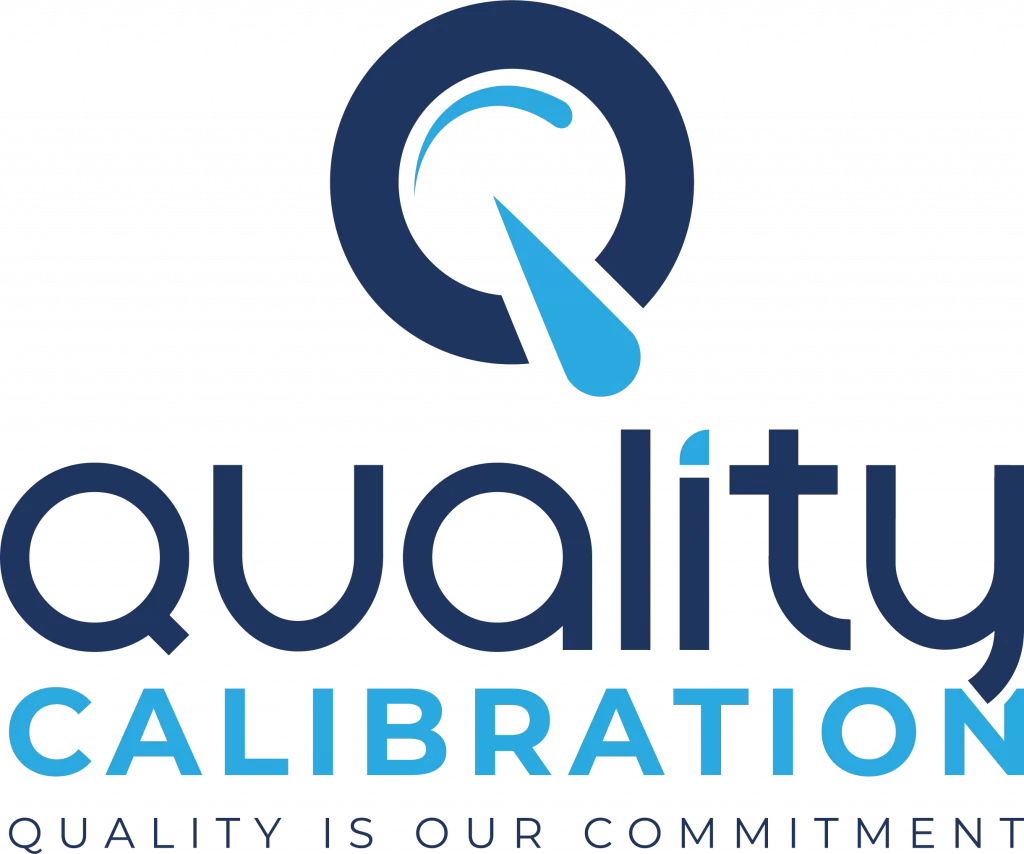In the world of quality control and precision measurement, calibration and validation laboratories play pivotal roles. These two types of laboratories may seem similar at first glance, but they serve distinct purposes and have unique methodologies. To ensure you’re choosing the right path for your specific needs, it’s essential to understand the differences between calibration and validation laboratories. In this comprehensive guide, we’ll delve into the world of calibration and validation, shedding light on the distinctions that set them apart.
Calibration Laboratory: Precision in Measurement
Calibration Defined
Calibration is the process of fine-tuning and adjusting measurement instruments to ensure they provide accurate and reliable results. A calibration laboratory is a facility dedicated to this process, specializing in verifying and adjusting the accuracy of various instruments, including scales, thermometers, pressure gauges, and more.
Key Functions of a Calibration Laboratory
- Accuracy Assessment: Calibration laboratories assess the accuracy of measurement instruments, identifying any discrepancies.
- Adjustment and Correction: If inaccuracies are detected, calibration technicians make necessary adjustments to bring the instrument’s readings back into alignment with a known standard.
- Traceability: All measurements made in a calibration laboratory are traceable to established standards, ensuring reliability and consistency.
- Calibration Certificates: After calibration, a certificate is issued, documenting the adjustments made and confirming the instrument’s accuracy.
- Scheduled Maintenance: Calibration laboratories often provide regular maintenance services to ensure the ongoing accuracy of instruments.
Who Benefits from Calibration Laboratories?
Calibration laboratories are vital for industries where precision measurement is critical, such as manufacturing, healthcare, aerospace, and research. These facilities help maintain the quality and accuracy of instruments that directly impact product quality and safety.
Validation Laboratory: Ensuring Process Integrity
Validation Defined
Validation, on the other hand, pertains to the verification of processes, systems, or methods. A validation laboratory is designed to assess and confirm the consistency, repeatability, and reliability of a process or system. This extends beyond the realm of measurement instruments to cover the entire process and its outcomes.
Key Functions of a Validation Laboratory
- Process Evaluation: Validation laboratories evaluate the entire process or system, from start to finish, to ensure it consistently produces the desired results.
- Data Verification: They assess and verify data integrity, ensuring it accurately represents the process or system’s performance.
- Regulatory Compliance: Validation laboratories often work in highly regulated industries, such as pharmaceuticals and food production, to ensure compliance with industry standards and regulations.
- Quality Assurance: The primary goal of validation is to assure the quality and consistency of products or services.
- Validation Reports: Similar to calibration certificates, validation reports are issued as evidence of the process’s integrity and compliance.
Who Benefits from Validation Laboratories?
Validation laboratories are indispensable in industries where product quality and safety are paramount, such as pharmaceuticals, food production, and healthcare. They ensure that processes are reliable and in compliance with strict regulations.
Key Differences: Calibration vs. Validation Laboratories
Now that we’ve explored the primary functions of calibration and validation laboratories, let’s highlight the key differences between them:
Nature of Assessment
- Calibration: Calibration laboratories focus on the accuracy of measurement instruments.
- Validation: Validation laboratories assess the integrity and consistency of processes or systems.
Scope
- Calibration: Primarily concerned with individual instruments and their accuracy.
- Validation: Addresses the broader process or system, including inputs, processes, and outputs.
End Goal
- Calibration: To ensure that instruments provide accurate measurements.
- Validation: To confirm the reliability and consistency of a process or system.
Industries Served
- Calibration: Manufacturing, aerospace, research, and any field requiring precise measurements.
- Validation: Pharmaceutical, food production, healthcare, and industries with stringent quality control requirements.
Documentation
- Calibration: Issues calibration certificates documenting adjustments made to instruments.
- Validation: Generates validation reports to provide evidence of process integrity and compliance.
Choosing the Right Path
In many cases, calibration and validation are interrelated. Calibration ensures that the measurement instruments used in a process are accurate, which is a fundamental requirement for validation. Therefore, both calibration and validation have their places in different industries, but they serve distinct purposes within those industries.
When deciding which path to follow, consider your specific industry, the critical factors affecting your processes, and the regulations that apply to your work. If precision measurement is your primary concern, a calibration laboratory is your go-to destination. On the other hand, if you need to ensure the overall integrity and reliability of your processes, a validation laboratory is the answer.
Conclusion
In the world of precision and quality, calibration and validation laboratories are essential for ensuring the accuracy of measurements and the integrity of processes. While they share a common goal of enhancing quality and reliability, they operate in distinct realms. Understanding the differences between these two types of laboratories is crucial for making informed decisions in your industry.

Md. Hasan Ibrahim is a Technical Manager at Quality Calibration with extensive experience in the calibration sector since 2015. Holding a Bachelor of Science degree in Mechanical Engineering from Khulna University of Engineering & Technology (KUET), he has received training from various national and international organizations including CSIR-CMERI, QSI, BAB, NML-BSTI, memmert, and X-rite. With expertise in ISO/IEC 17025 assessment, method validation, metrological traceability, and uncertainty, he has successfully completed numerous calibration projects across diverse industries such as pharmaceuticals, food & beverage, oil & gas, textiles & garments, power plants, batteries, chemicals, hospitals & healthcare, and private universities.


